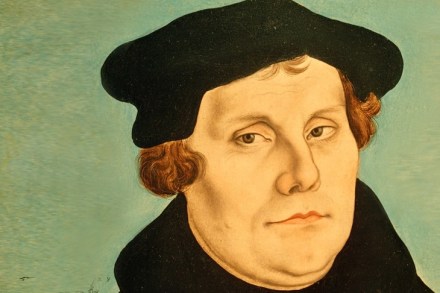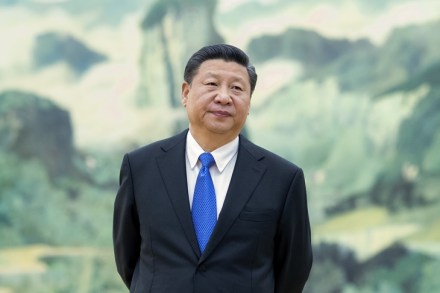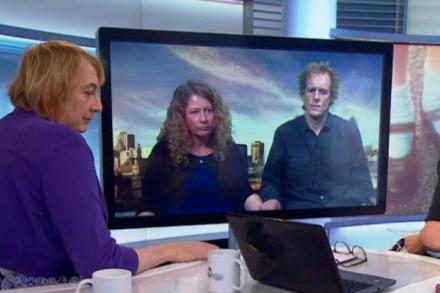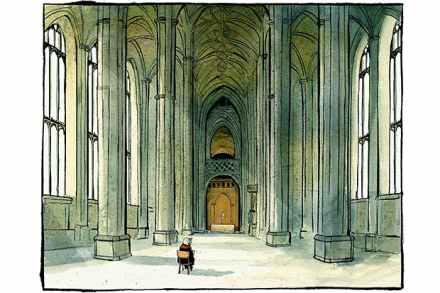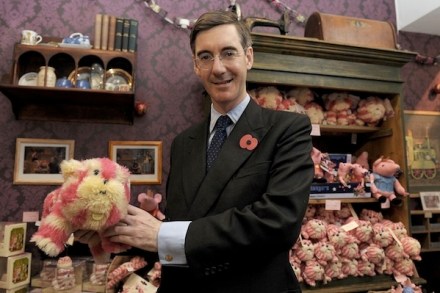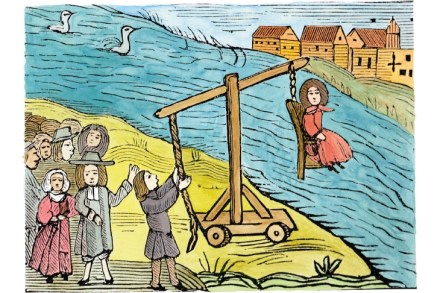Tim Farron can’t have it both ways on sin
Tim Farron is a conservative evangelical. Such Christians think they are braver than wishy-washy liberals when it comes to sin – they are not afraid to put it at the heart of their message. But in fact they’re in a muddle on sin. Farron embodies it. During the election he was repeatedly asked by journalists whether he thought gay sex was a sin. He tried to avoid the question by saying that such questions were beyond the bounds of normal political discussion; he implied that secular journalists framed the question in the wrong way, not understanding that we are all sinners. But they kept pestering him. So in the end,





